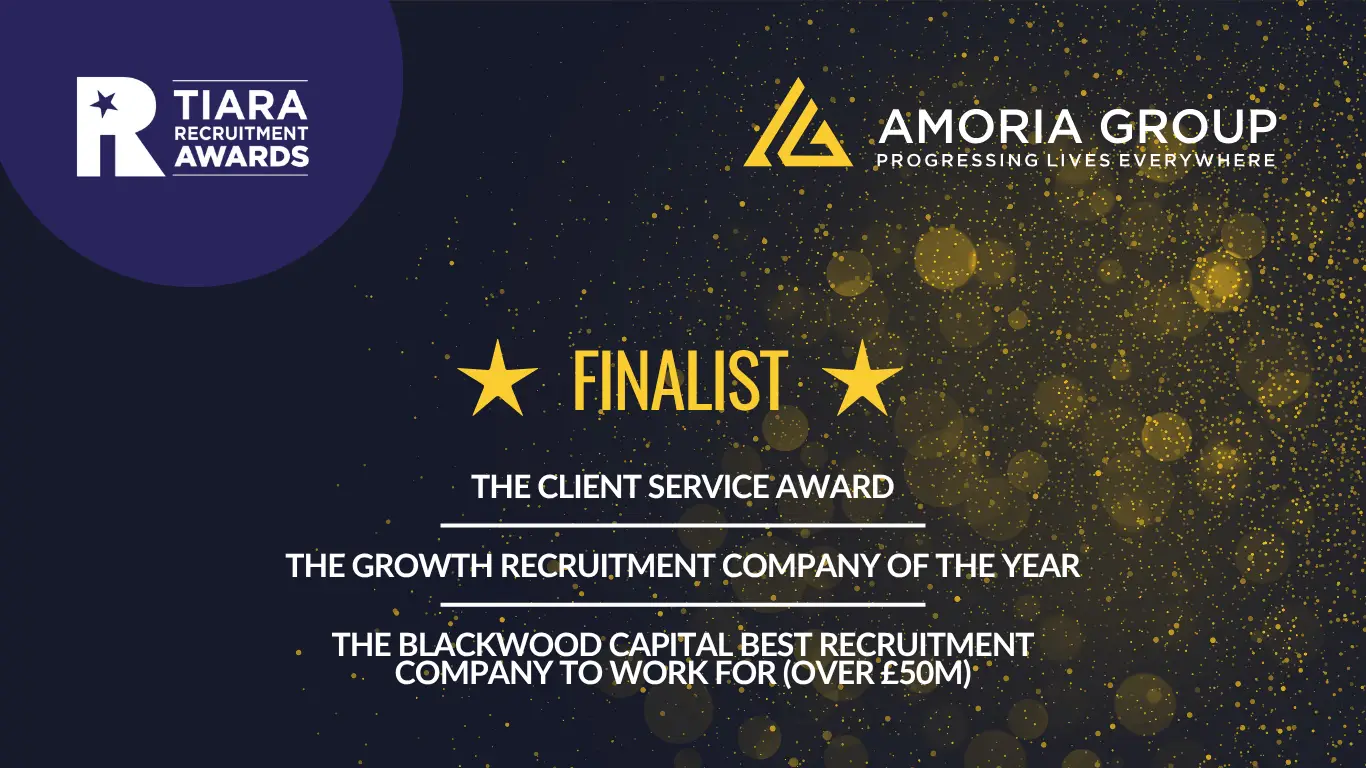I have a confession to make. Up until last week, I hadn’t seen a single minute of the TV phenomenon that is Love Island. For uninitiated, this is a TV programme that throws a group of single, young and generally attractive individuals together at a holiday resort on a Mediterranean island. Through a process that I don’t really understand, the public gets to vote on their favourite couples and they stay at the resort.
The format has been copied across the world and therefore chances are, there will be a version of the programme available in your country. The UK version has gone from strength to strength in popularity and is possibly currently only second in the viewing ratings to England’s national football team matches at the World Cup.
The premise of the programme seems to be about putting these attractive people together in different partnerships to see which pairing works best. Given that most of them seem to share a number of common characteristics like age and the average time spent in gyms as well as bathrooms, and therefore in theory everyone should be compatible with each other.
However, this does not seem to be the case, and this made me think of how recruitment is like dating on some levels. For example, in both cases you will usually tentatively approach a potential partner either directly or through a 3rd party. Chances are you will know that you have got a lot of what they’re looking for before speaking to either your prospective date or prospective employer but there will be a great deal of uncertainty around knowing for sure whether you have got that quality that they are looking for specifically.
The theme of dating and recruitment being similar was used by our Global Head of Internal Recruitment when she presented to students from Manchester Metropolitan University recently. During her presentation to students about future career prospects, she spoke about how it is a good idea to tailor their approach for each set of circumstances. In this case, she was referring to whether or not you should tailor your CV to a specific business or job opportunity. The answer was an unequivocal ‘yes’ and she said:
“It’s a bit like dating. You want the person to be interested in you
and not just have asked everyone else out too. On a date, you want
to feel wanted – and employers feel the same.”
So what’s our take away from this? I think that the key message is that if you’re applying for a job or asking someone out on a date then you need to be selective in how as well as what you communicate to that individual or company to make sure that they know how important they are to you. You need to emphasise your positive aspects to try and prove that you are the one that they should want.






